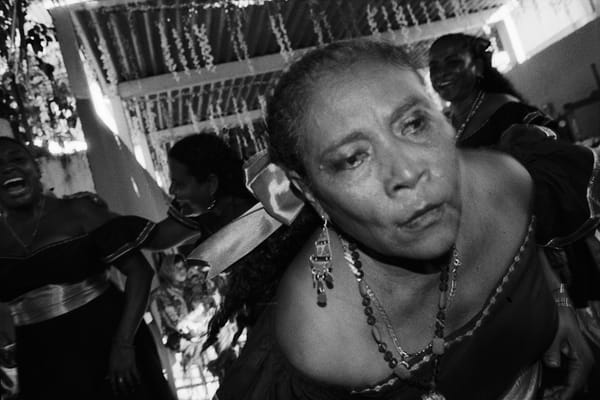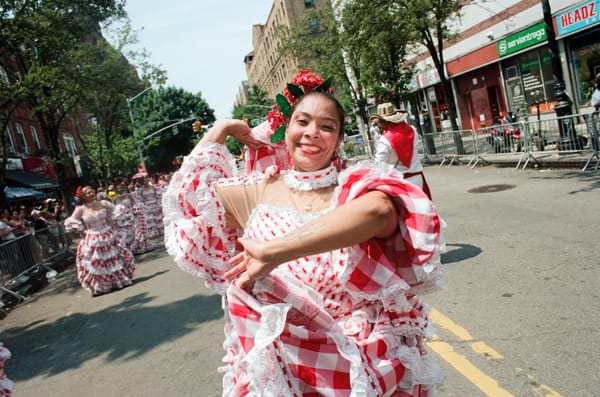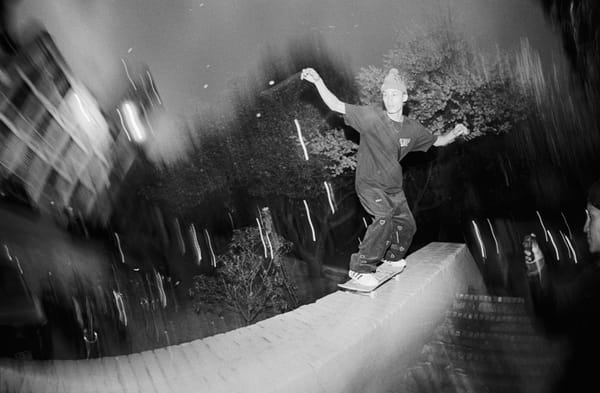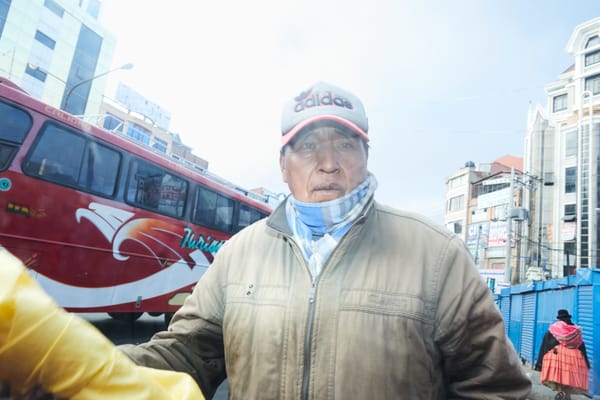Two Fronts
Conversations with Jewish Ukrainians on the two wars
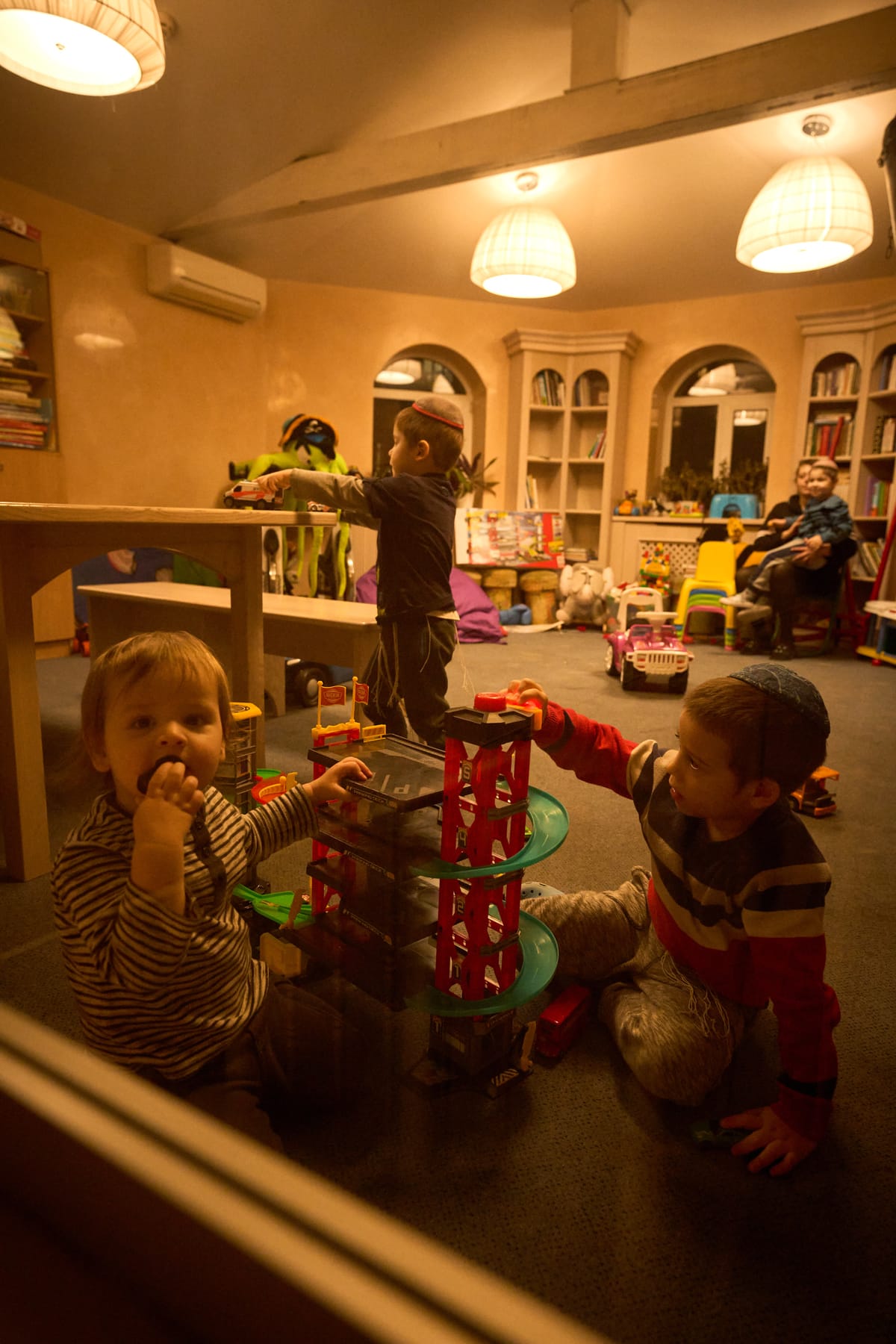
Note to readers: This is an article I wrote at the end of 2023 but failed to find a buyer for. So it's outdated and of a more formal tone. Still, I thought some people might find it interesting.
When Russia invaded Ukraine in 2022, Jewish donors from around the world rushed funds to their embattled brethren. Much of it poured into the Black Sea port of Odesa, a hub for Russian and Ukrainian Jews since the 16th century.
Those funds, however, dwindled as the war raged on, devastating the Ukrainian economy. And now, with war raging in the Middle East, the lion’s share of economic aid has been rerouted to help Jews in Israel.
“People from Ukraine who were supporting us for many years don’t have money now,” says Igor Shatkhin, Chairman of the Federation of Jewish Communities of Southern Ukraine. “So that means most of our money is coming from outside Ukraine. But the priority for Jewish people in the world is to help Israel, not Ukraine.”
Odesa’s Mishpacha Orphanage benefitted early from the global focus on Ukraine. The orphanage, run by the Hasidic Chabad-Lubavich organization, successfully evacuated 120 children and staff from Odesa to Germany in February, 2022. However, the cost of maintaining the orphanage in Germany strained their resources. Even with the help of the German government and Berlin’s local Jewish community, Chabad Odesa was spending an extra $750,000 a month.
As the world’s interest in Ukraine waned, donations fell. This past February, amid chronic blackouts and periodic aerial attacks, Chabad’s leadership reluctantly brought the kids home.
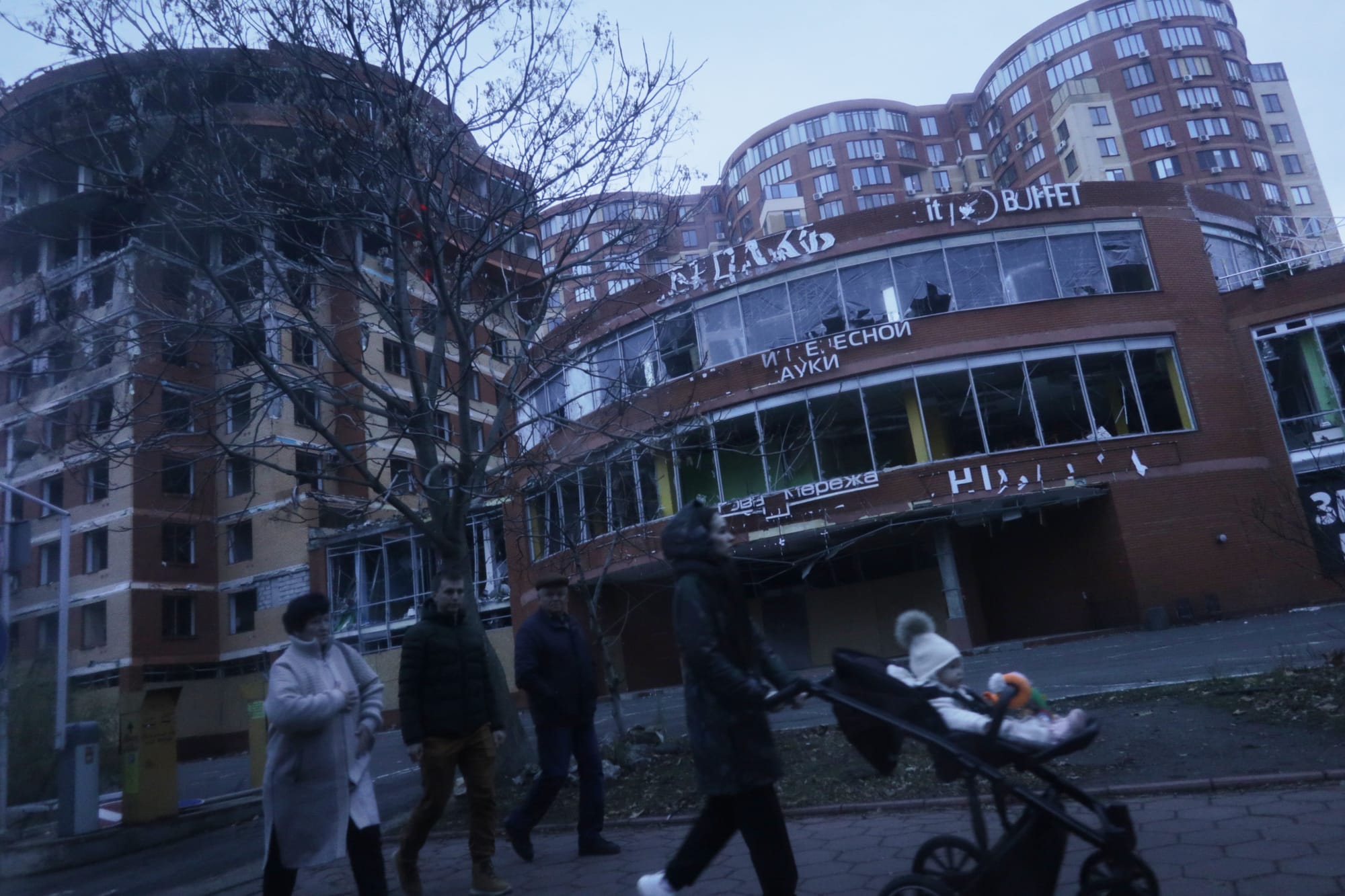
Now, two years into the war, Chabad Odesa is running out of money. It’s getting more difficult every day,” says Shatkhin. “We’re trying to make people realize that Jewish children in Odesa are also Jewish children.”
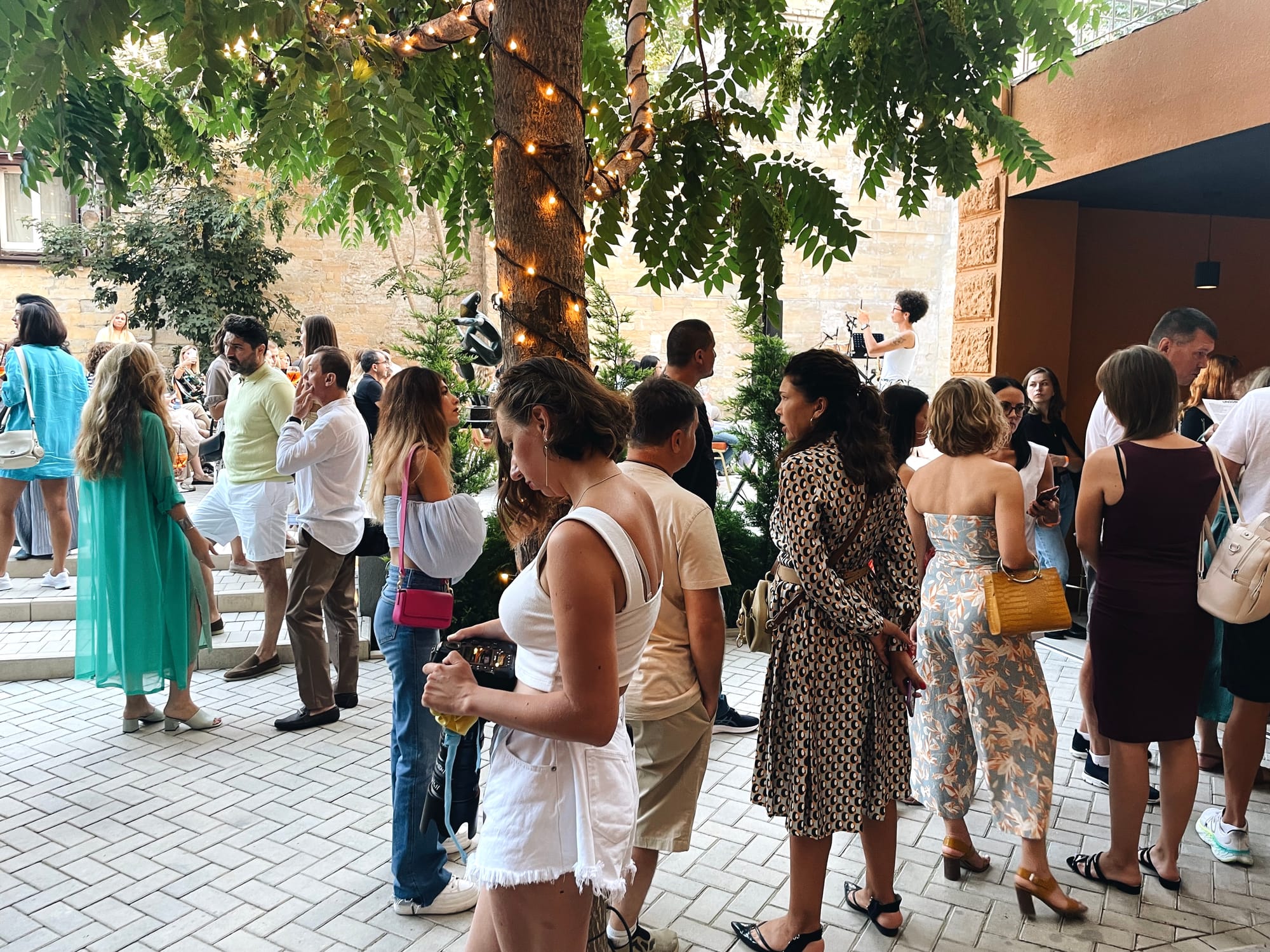
Under Tsarist rule, the Odesa region was one of the select areas of the Russian Empire open to Jews. In the first years of the 20th century, as much as one-third of the city’s population was Jewish. It was an early center of the Zionist movement, and it has close ties to Israel. Following the Russian invasion, thousands of Odesa Jews took refuge there.
The relationship is steeped in history. In the early decades of the 20th century, a period of pogroms, revolution and war, many Jews in Odessa moved to Jaffa, the port city that has since grown into Tel Aviv. The poet Hayim Nahman Bialik, for example, moved to Jaffa in 1924. He has a street named after him in the Tel Aviv neighborhood still known as “Little Odesa.”
Despite concern that the Israel-Hamas war has distracted Ukraine’s allies, Odesa is palpably pro-Israel. There have been no protests against Israel’s invasion of Gaza, and the city is full of billboards that read “Pray for Israel”.
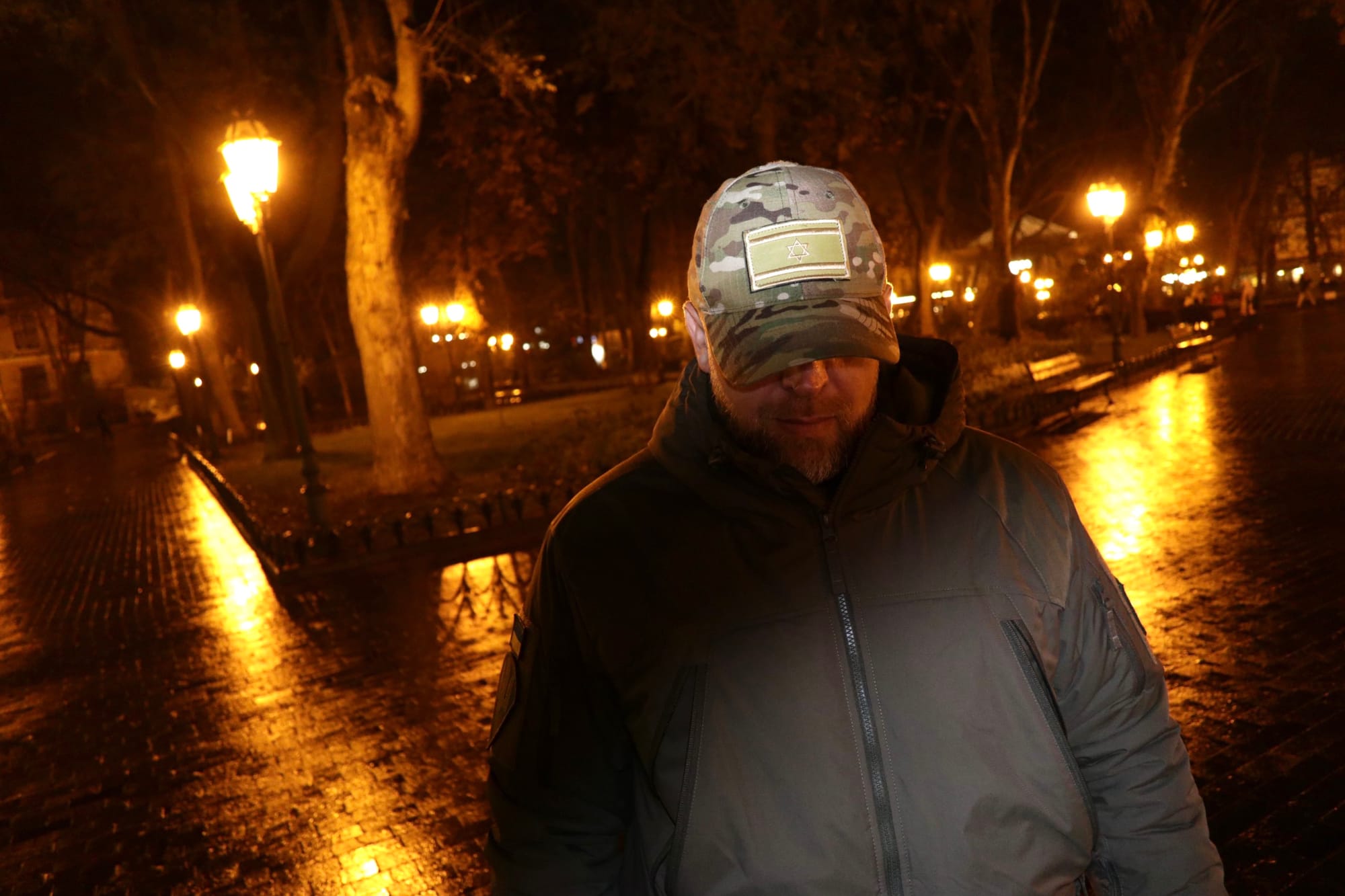
Stinger (military call sign) was born in the Donbas to a Jewish family and moved to Israel when he was 10-years-old. He served as a sniper in the Second Intifada and the 2006 Lebanon War, where he was shot in the leg. Euromaidan and Russia’s military actions in Crimea and the Donbas, where some of his family were displaced, turned Stinger into a Ukrainian patriot. When Russia invaded in 2022, he immediately bought a plane ticket to join the fight. An injury, however, kept him out of the war until January 2023. Since then, serving with the foreign legion, he’s fought in a number of battles, including Bahkmut and Kherson. He was saddened by news of the October 7th attack and says he personally knew seven people who were killed. Although he supports Israel's campaign in Gaza, he’s remained more preoccupied with the war in Ukraine:
“Israel’s war will end quickly, twice as fast as in Ukraine. I'm not worried about Israel's fate; they will figure it out. But here (Ukraine), we’ll have to work hard. Luckily,this conflict in Ukraine brought people together; we became one. In Israel, it's different. Many younger people there didn't want to go on combat missions, unlike my generation. The fighting spirit has gradually diminished there.”
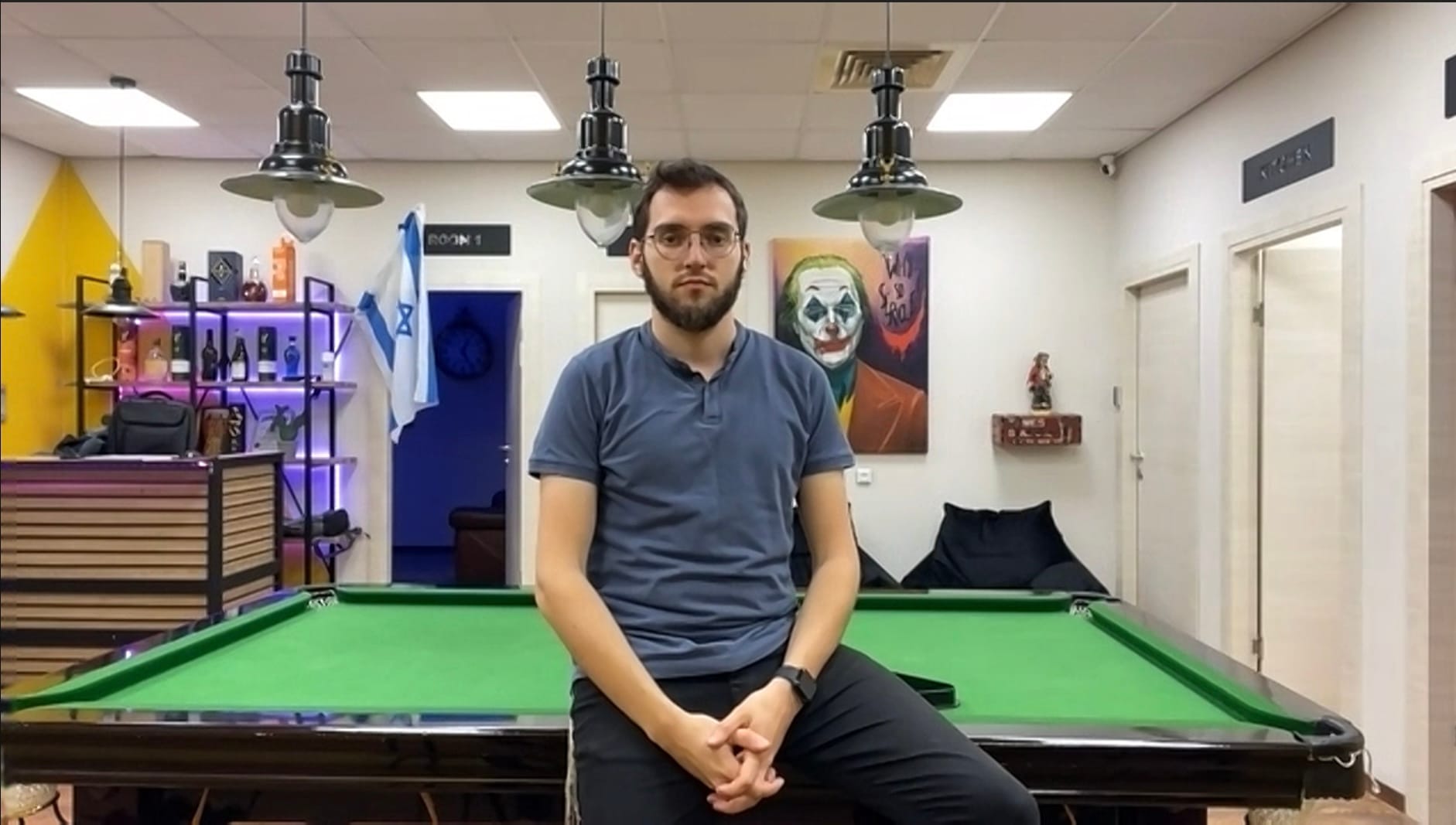
30-year-old Yosef Krasyk was brought up in a secular Odesan Jewish family but had a religious awakening while on a masai trip to Israel as a teenager. He knew then, he says, that one day he’d eventually leave Odesa to settle in Israel. Russia’s full-scale invasion provided Yosef, his wife, and their son with the impetus to finally make the move. Although he donates money every month to Ukraine’s war effort, he says he’s now more loyal to Israel:
“I’m not ready to die for Odesa or Ukraine but I would for Israel. If the IDF needed me, I’d join. When the war started in Israel, my father offered to help me and my family go join him in Romania, but we decided to stay.”
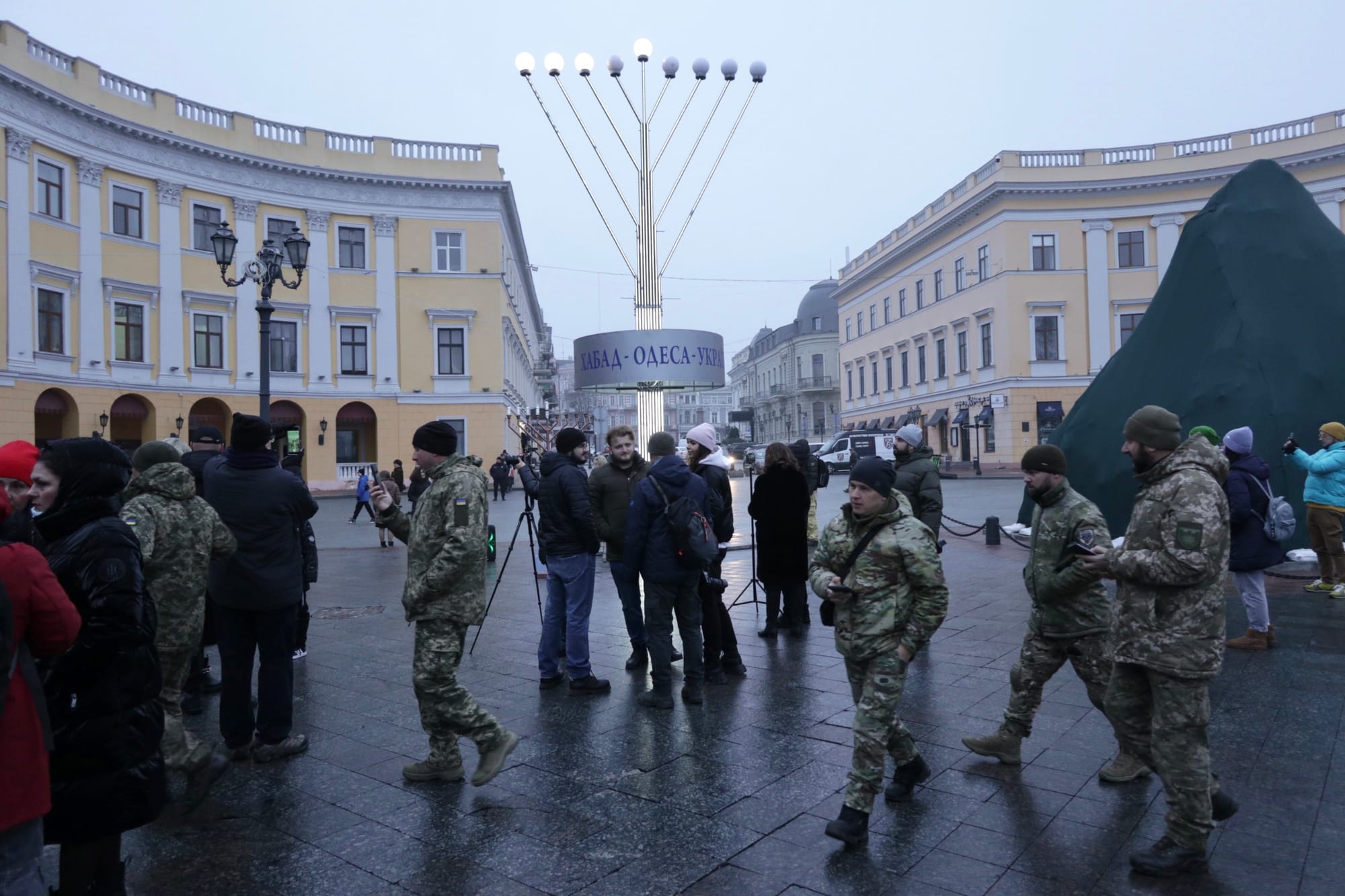
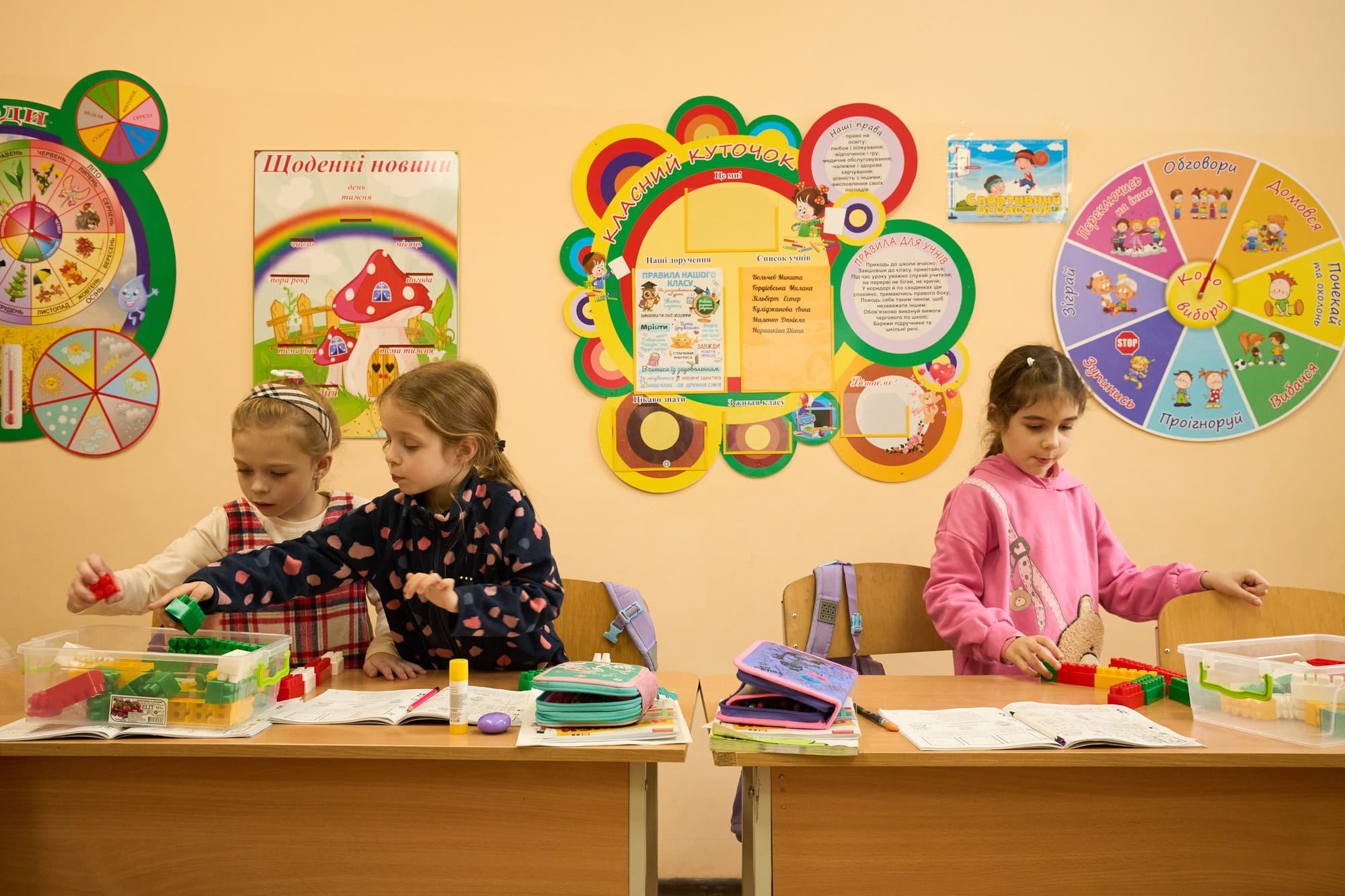
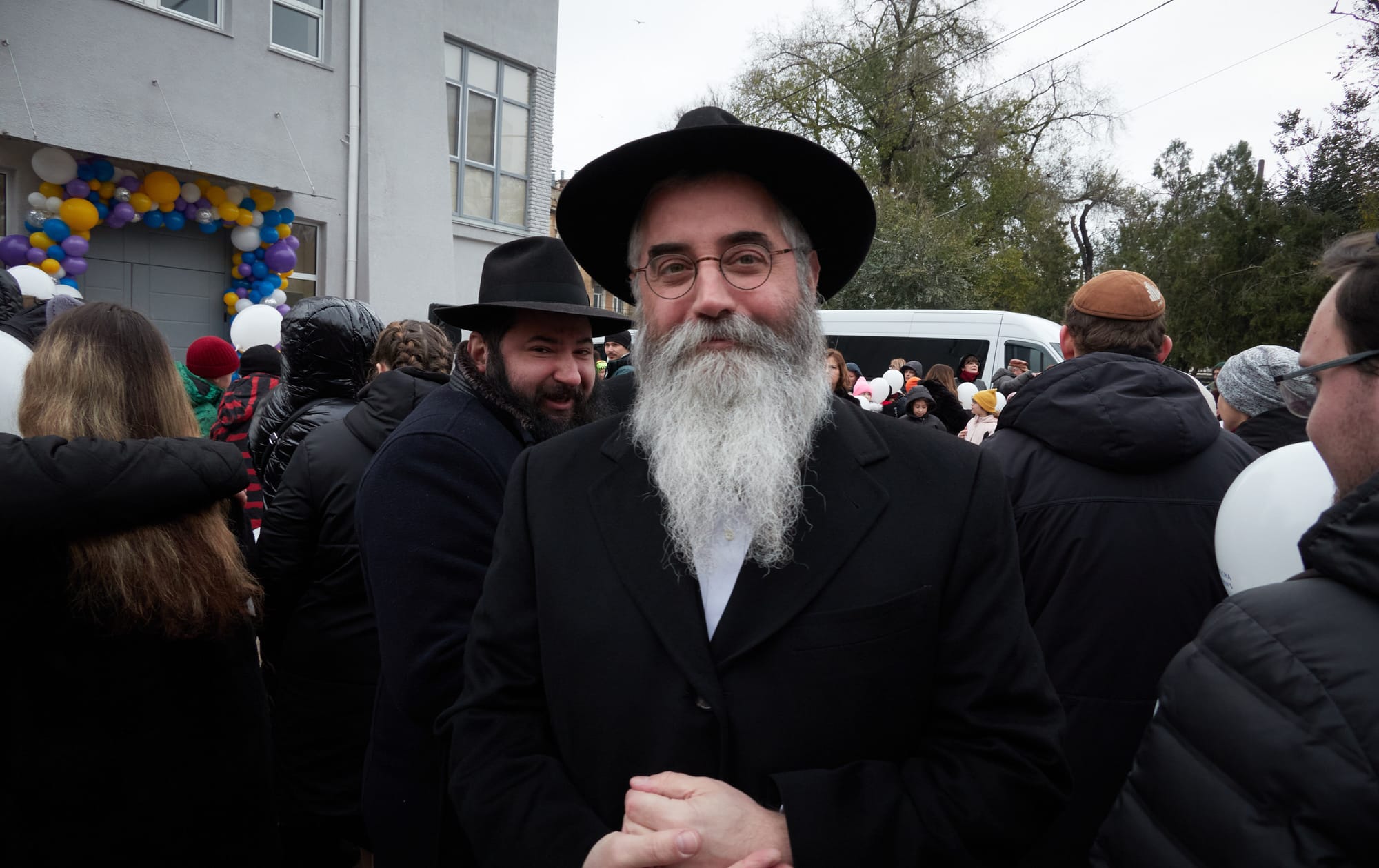
Avraham Wolff, Odesa’s Chief Rabbi, was born in Israel and lived there until he was 20. He says that for himself and many of his congregants, it feels like both of their homes are being attacked. His message to Odesa’s Jewish community, however, is one of hope:
“I tell them that everything will be alright. Kindness will prevail, it will beat everything. History tells us that goodness beats evil. I don’t know the way, I just know the ending. And the ending will be good.”
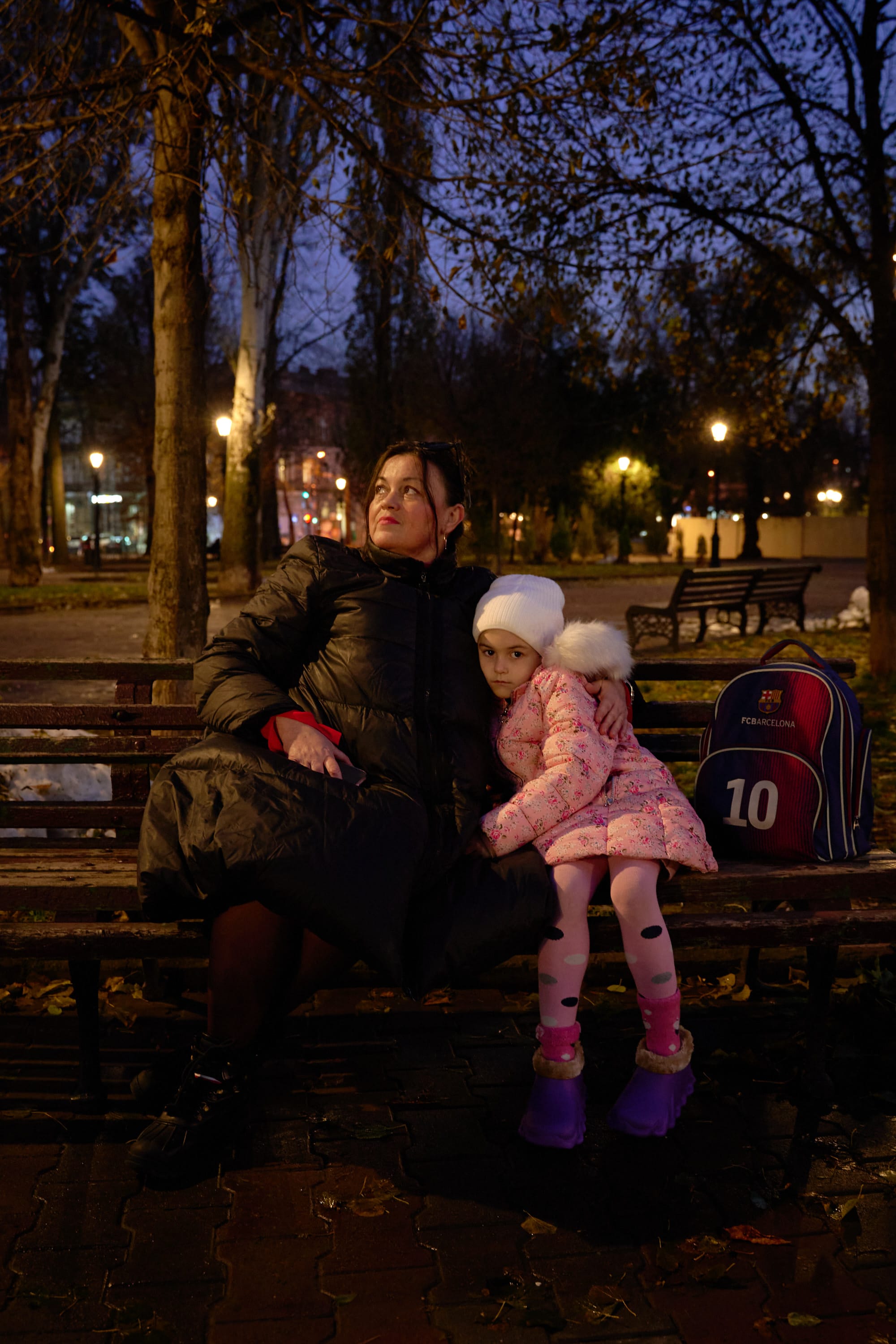
Arina and Nona lived in a refugee shelter in Moldova until this fall, when they moved back to their native Odesa. Arina’s son, who fled to Berlin when the war started and he was 17-years-old, is now 18 and has thought at times of fighting in both wars.
Arina says she sees both conflicts through a religious lens: “All things are written in the Torah. If people do bad, things will be bad. If they do good, things will be good. We can ask for victory but only God knows what is best for us.”
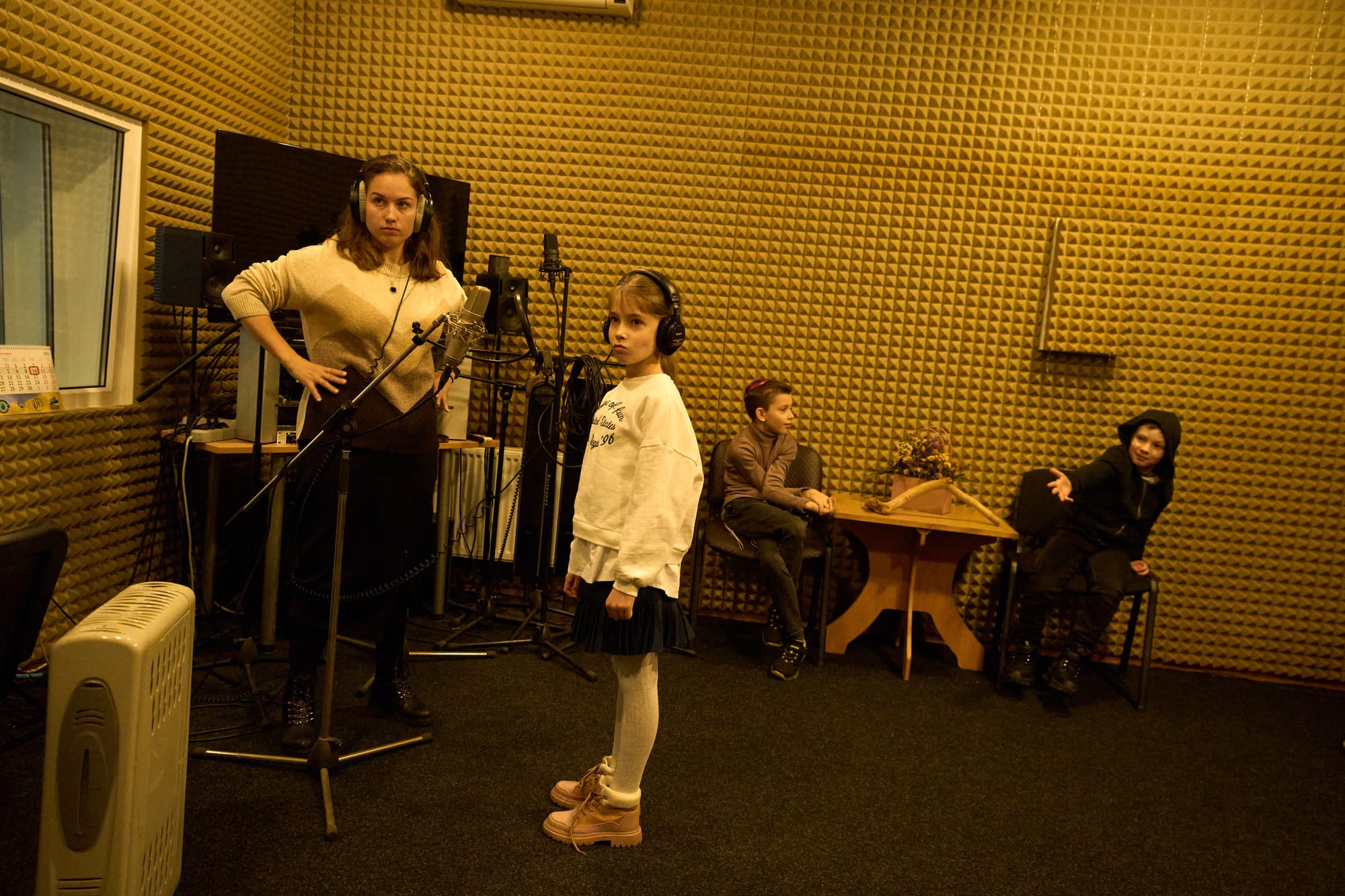
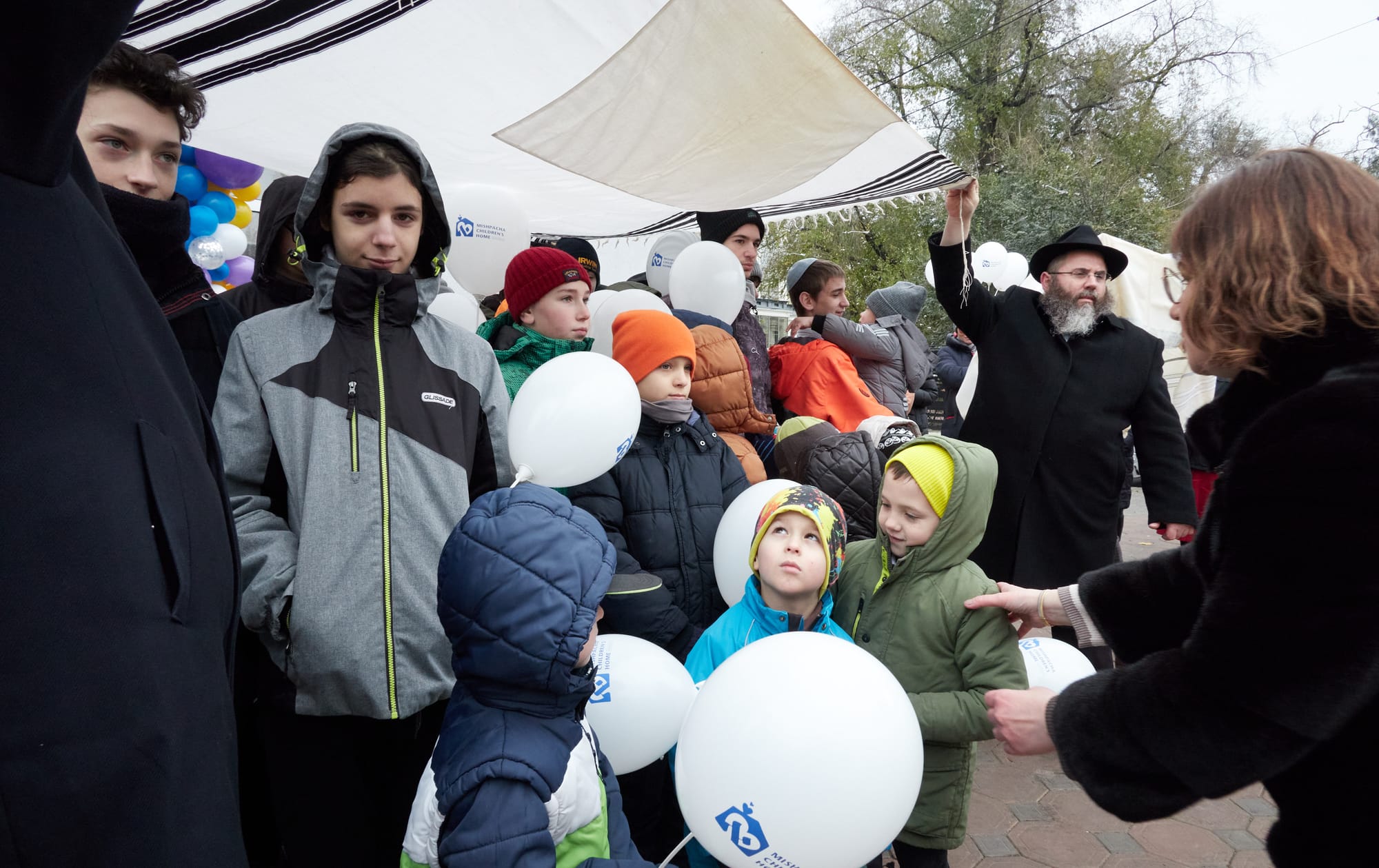
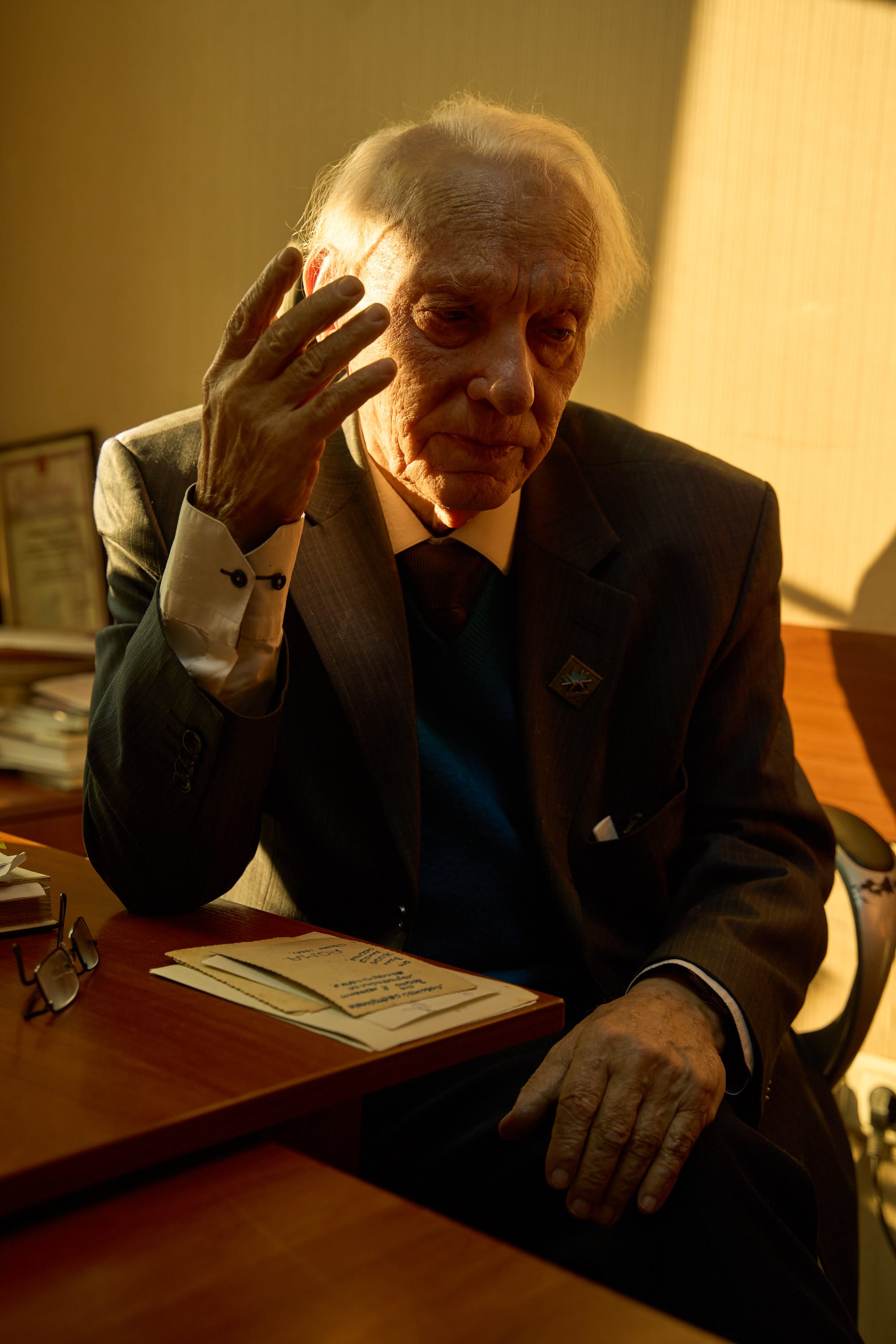
87-year-old Roman Schwartzman came to tears recounting the atrocities he and his family endured while held captive in a Romanian-run ghetto during the Second World War.
He was shocked by Hamas’ October 7th attack on Israel, where he has grand daughters and great grand daughters, but is most concerned by the threat of Vladimir Putin and the West’s response:
“Thank you, America, Germany; we kneel before you, but give more, let's defeat Putin. Don't make any concessions. You’ve done a lot, but why did it take so long to give us tanks? Why don't you give us planes? Why, I don't understand, it doesn't fit into normal human reasoning, it's impossible to realize the disaster that awaits the whole world if Putin is not overthrown with his terrorist state.”
